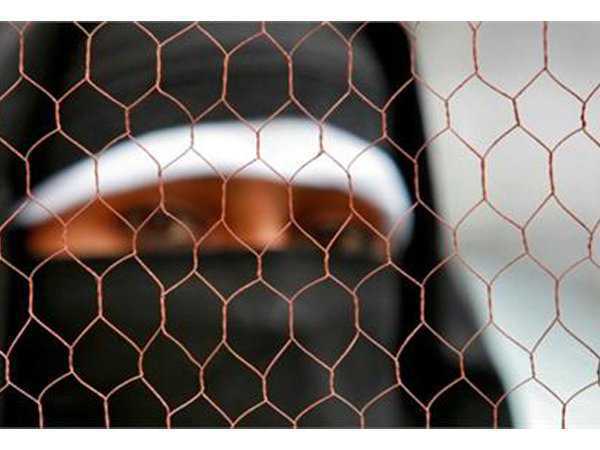CJI hints at setting up Constitution Bench to examine validity of ‘nikah-halala’, polygamy
Satya Prakash
Tribune News Service
New Delhi, July 2
The Supreme Court said on Monday that it would consider setting up a five-judge Constitution Bench to examine validity of ‘nikah halala’ and polygamy.
Senior advocate V Shekhar told a three-judge Bench headed by Chief Justice Dipak Misra that a petitioner who challenged the two Islamic practices, Sameena Begum, was being forced into withdrawing her petition.
"We will list her petition along with other petitions," it said and asked the Centre to file its response. Sameena Begum claimed that her in-laws were threatening to throw her out of her matrimonial house if she didn’t withdraw her petition.
Muslim Personal Law allows polygamy and a Muslim man can have four wives. In case a Muslim man agrees to marry a woman he has divorced, the woman must undergo nikah-halala—marry another man, get the marriage consummated and then obtain a divorce from him to be able to marry the man who had divorced her. Many women condemn the practice.
The Centre has already made it clear that it would oppose the practice of 'nikah halala' in the Supreme Court. On Monday, Additional Solicitor General Tushar Mehta told the court that the government would file its response to the petitions.
The top court had on August 22, 2017, declared the practice of instant 'triple talaq' among Sunni Muslims unconstitutional. The court had said then that it would hear petitions against ‘nikah-halala’ and polygamy separately. On March 26, it had decided to refer a batch of pleas challenging the constitutional validity of 'nikah halala' and polygamy to a larger Bench.
Sameena (40), a resident of South Delhi and a victim of polygamy herself, said she was moved by the plight of thousands of Muslim women suffering due to the “draconian practices of polygamy and nikah-halala”.
She claimed her first husband divorced her through triple talaq when she protested against abuse. Her second husband, already a married man, gave her triple talaq over the phone while she was pregnant.
There are separate sets of personal laws in India for each religion governing marriage, divorce, succession, adoption and maintenance. The Hindu law underwent significant changes in the 1950s, but Muslim women and activists have complained that Muslim personal law remained more or less static.
Sameena submitted that Muslim Personal Law made Section 494 of the Indian Penal Code, which penalises bigamy, inapplicable to Muslims, leaving women in the community with no legal recourse against the offending men.
Another plea was filed by one Rani alias Sabnam, who alleged that she and her three minor kids have been thrown out of the matrimonial home after her husband re-married. A similar plea was also filed by Delhi-based woman Nafisa Khan, who wanted the Dissolution of Muslim Marriages Act, 1939, declared unconstitutional on the ground that it failed to protect Muslim women from polygamy.










